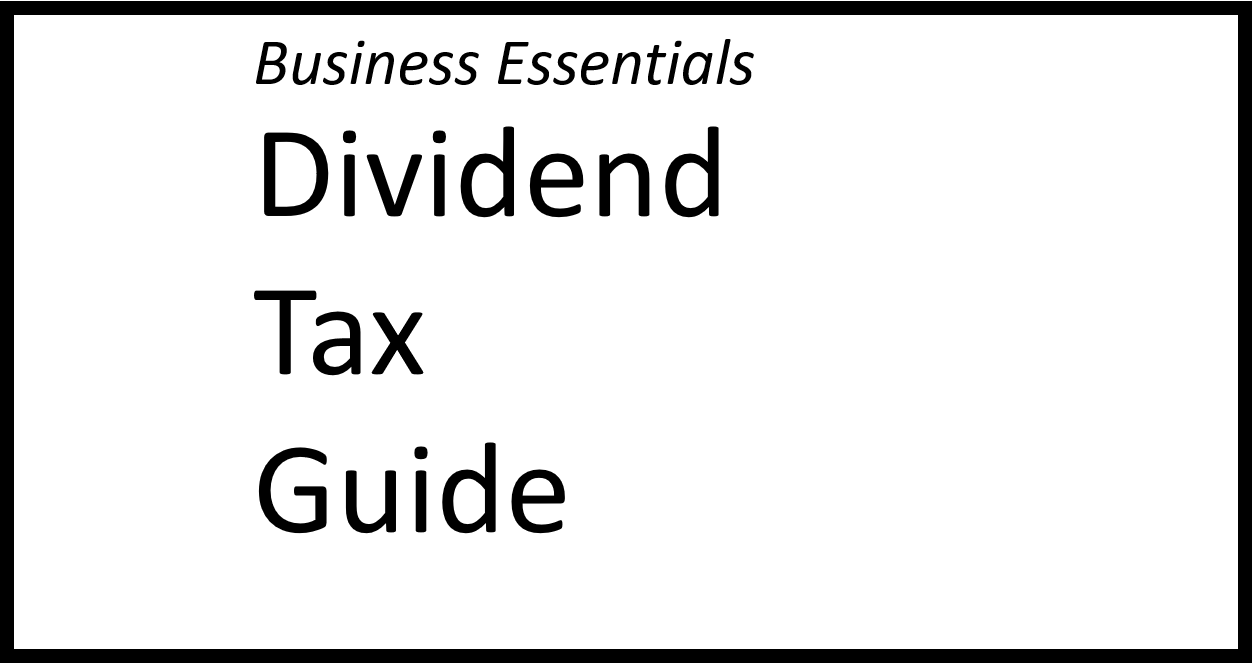
The Accounting Studio guide to
Dividend Tax
Money you receive from your company in the form of dividends is subject to income tax. Whilst we use the term “dividend tax”, there is no such thing – it is actually income tax, but taxed at a special rate.
Dividends are paid from your company’s profits after it has paid, or is due to pay corporation tax. For more information on how to properly pay a dividend we’ve written a hand guide here:
A Small business owners guide to dividends
Individuals are entitled to receive up to £2,000 dividends without paying dividend tax. Whilst you pay no income tax on this band, it does use up some of your basic rate band and so should not be considered entirely tax exempt or neutral.
Basic rate tax payers will pay income tax of 7.5% on their dividends up to the basic rate tax band. Higher rate tax payers pay 32.5% in the higher rate tax band and additional rate tax payers (earning over £150,000) paying 38.1%.
No national insurance is due on dividends.
You should report the dividends you receive through the self-assessment tax return for all dividends received by you, or in some cases due to you, in the tax year from the 6th April to the 5th April the following year.
You should file and pay your self assessment tax return by the 31st January after the tax year end.




